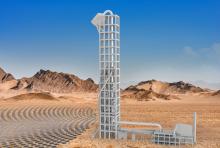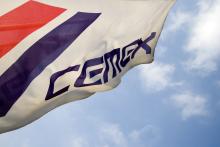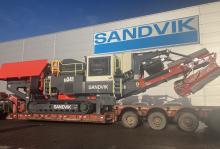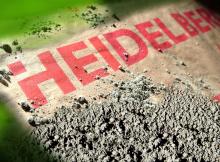Joule, the pioneer of liquid fuels from recycled CO2, and
The partnership could result in the co-location of Joule’s Helioculture Technology at one or more HeidelbergCement sites around the world.
"We've been focused on lowering carbon emissions for more than two decades, and we are excited to take further steps to lower our CO2 emissions by working with a dedicated organization with state-of-the-art technology that is committed to protecting the climate," said Jan Theulen, director alternative resources, HeidelbergCement.
"Joule's process, which effectively recycles waste CO2 into liquid fuels, is a perfect match for HeidelbergCement and our core values, and we look forward to starting the journey towards a long-term, mutually beneficial relationship."
Joule's Helioculture process directly and continuously converts sunlight and waste CO2 into infrastructure-ready fuels, including ethanol and alkanes that serve as highly-blendable feedstock for diesel and jet fuel products.
Only requiring abundantly available inputs, including sunlight, brackish or sea water and waste CO2, the process is well suited for global deployment. For organisations like Germany-headquartered HeidelbergCement, Joule turns a carbon challenge into a carbon solution by capturing and recycling waste CO2.
"Carbon emissions are a challenge faced by many industries that are of critical importance to everyday life, such as cement," said Brian Baynes, chief executive, Joule. "We are pleased to have the opportunity to partner with HeidelbergCement in an attempt to develop a modern, ultra-low carbon cement manufacturing process."









